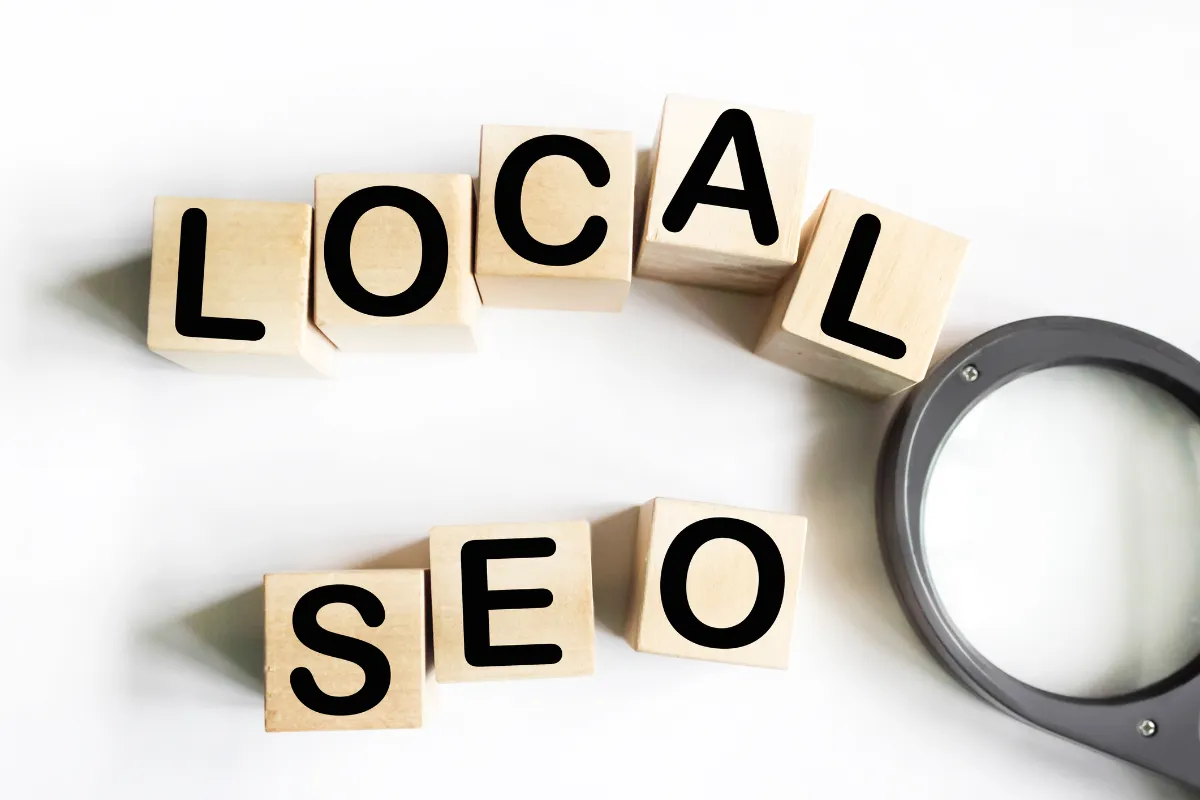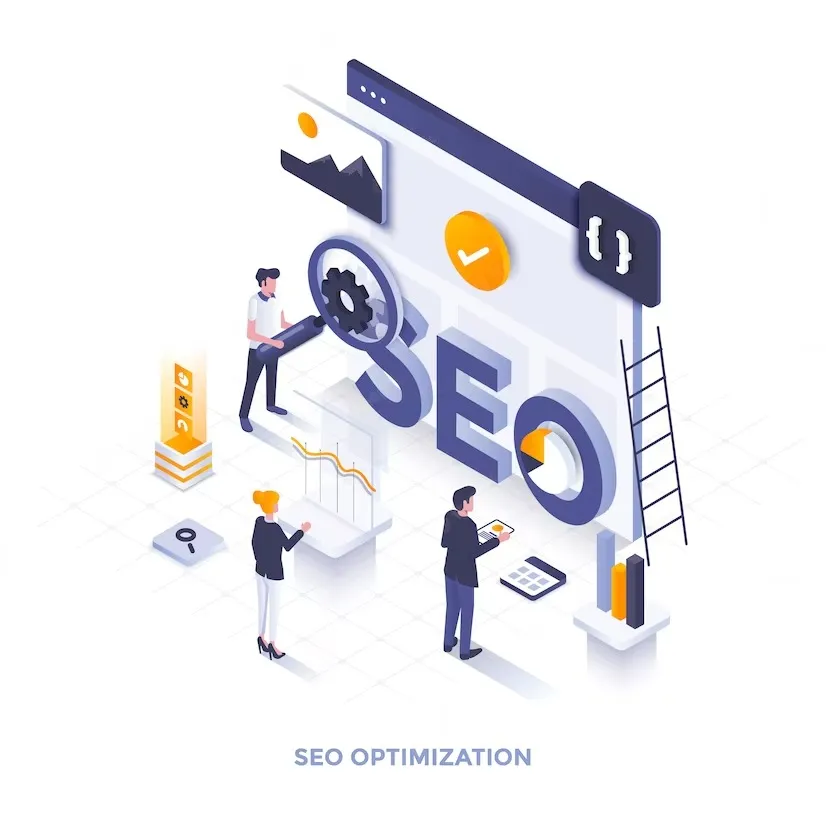When it comes to online content, understanding and adhering to Google’s Quality Guidelines is essential. It can seem daunting, but it doesn’t have to be. In this blog post, we’ll demystify the two main components of the Quality Guidelines: EAT (Expertise, Authoritativeness, Trustworthiness) and YMYL (Your Money or Your Life).
We’ll break down what they mean, and offer practical tips for making sure your content meets the guidelines. So, if you’ve ever been perplexed by these two concepts, fear not! We’re here to help you make sense of it all.

What are Google’s Quality Guidelines?
Google’s Quality Guidelines are a set of criteria that Google uses to determine the quality and relevance of online content. These guidelines help ensure that the search engine delivers accurate and trustworthy results to its users. In a nutshell, the guidelines emphasize the importance of EAT (Expertise, Authoritativeness, Trustworthiness) and YMYL (Your Money or Your Life) factors.
EAT focuses on the expertise, authoritativeness, and trustworthiness of the content creator or website. Google wants to prioritize content that is written by knowledgeable and credible sources. On the other hand, YMYL considers content that could potentially impact a person’s financial, medical, or safety well-being. Websites that fall under YMYL categories, such as financial advice, health information, or legal guidance, need to meet higher standards of expertise and trustworthiness.
Google’s Quality Guidelines: The Path to Enhanced Website Visibility and Trustworthiness
By understanding and adhering to Google’s Quality Guidelines, content creators can optimize their websites for higher visibility and trustworthiness. This means showcasing their expertise through valuable and accurate information, establishing themselves as authoritative sources in their field, and building trust with their audience and search engines.
In the next sections, we’ll delve deeper into EAT and YMYL, offering practical tips on how to meet these guidelines. So, let’s dive in and demystify Google’s Quality Guidelines together!

Understanding EAT
Google’s EAT (Expertise, Authoritativeness, Trustworthiness) guidelines are crucial for creating high-quality online content that ranks well in search engine results. Understanding EAT is key to optimizing your website and establishing yourself as a credible source in your field.
Expertise refers to showcasing your knowledge and experience in a specific subject. Google looks for content created by experts who can provide valuable and accurate information. This can be done by highlighting your credentials, qualifications, and industry experience.
Authoritativeness: Establishing Your Expert Voice in the Digital Landscape
Authoritativeness is about establishing yourself as an authority in your field. It involves demonstrating your expertise through well-researched and well-written content. Building a strong online presence, such as by publishing authoritative articles or getting mentioned on reputable websites, can also enhance your authoritativeness.
Trustworthiness is crucial for building trust with your audience and search engines. To demonstrate trustworthiness, ensure your website has a professional design, clear contact information, and a secure HTTPS connection. Also, prioritize user experience by delivering content that is accurate, up-to-date, and free from deceptive practices.
By understanding and implementing the EAT guidelines, you can improve the quality and credibility of your content, making it more valuable to users and search engines. In the next sections, we’ll delve deeper into each aspect of EAT and provide practical tips on how to meet these guidelines.

Expertise – How to showcase your knowledge and experience
In the world of online content, expertise is key. To showcase your knowledge and experience, there are a few key strategies you can employ. First and foremost, make sure your credentials and qualifications are easily visible. This can include displaying your degrees, certifications, and relevant work experience. Additionally, providing valuable and accurate information through well-researched content will help establish you as an expert in your field.
Another way to showcase your expertise is by consistently producing high-quality content. This means staying up-to-date on the latest trends, research, and developments in your industry. By sharing this information with your audience, you not only demonstrate your expertise but also provide value to your readers.
Furthermore, building relationships with other experts and industry leaders can boost your credibility. Collaborate on guest blog posts, participate in interviews, or contribute to industry publications. By associating yourself with respected figures in your field, you can enhance your own authority.
Remember, showcasing your expertise is not just about flaunting your knowledge, but also about providing value and building trust with your audience. By implementing these strategies, you can effectively showcase your knowledge and experience, solidifying your position as an expert in your field.
Authoritativeness – Establishing yourself as an authority in your field
Establishing yourself as an authority in your field is a crucial aspect of Google’s EAT guidelines. It’s not just about showcasing your knowledge; it’s about proving to both your audience and search engines that you are a trusted source of information. So, how can you establish your authoritativeness?
First and foremost, focus on creating high-quality, well-researched content. This means staying up-to-date with the latest industry trends, research, and developments. By consistently providing valuable and accurate information, you demonstrate your expertise and build trust with your audience.
Another way to establish authoritativeness is by gaining recognition from other experts in your field. Collaborate on guest blog posts, participate in interviews, or contribute to industry publications. By associating yourself with respected figures, you enhance your own authority.

Crafting a Robust Online Presence: The Foundation of Brand Authority
Building a strong online presence is also key. Create a professional website, optimize your social media profiles, and engage with your audience regularly. Consistently producing valuable content will help establish your brand and authority in your niche.
Lastly, don’t forget the power of testimonials and case studies. By showcasing success stories and positive feedback from clients or customers, you provide social proof of your expertise. This can significantly boost your credibility and establish you as an authority in your field.
Remember, establishing authoritativeness takes time and effort. It’s a continuous process of proving your knowledge, expertise, and trustworthiness to your audience and search engines. By implementing these strategies and consistently delivering valuable content, you can solidify your position as an authority in your field and optimize your website for higher visibility and credibility.
Trustworthiness – Building trust with your audience and search engines
Building trust with your audience and search engines is a crucial aspect of Google’s EAT (Expertise, Authoritativeness, Trustworthiness) guidelines. Trustworthiness goes hand in hand with credibility and reliability, and it is what sets apart high-quality content from the rest. So, how can you build trust with your audience and search engines?
First and foremost, ensure that your website has a professional design. A well-designed website not only looks aesthetically pleasing, but it also gives off a sense of professionalism and trustworthiness. Make sure that your website is user-friendly, with easy navigation and clear information architecture. Additionally, ensure that your website has clear contact information, including a physical address, email, and phone number. This will help your audience feel more comfortable and confident in reaching out to you.

Securing Trust: The Role of HTTPS in User Confidence and Search Engine Ranking
Another important factor in building trust is having a secure HTTPS connection. HTTPS not only protects the privacy and security of your users but also signals to search engines that your website is safe and trustworthy. Investing in an SSL certificate is a worthwhile step in building trust with your audience and search engines.
In addition to website design and security, prioritize delivering accurate and up-to-date content. Double-check your facts, cite reliable sources, and keep your content relevant. Avoid using misleading or clickbait headlines and always deliver on the promises you make in your content.
Building Trust Through Transparency: The Value of Honesty in Online Content
Transparency is also key in building trust. Be upfront about any conflicts of interest or affiliations you may have, and clearly disclose any sponsored or paid content. Transparency shows that you have nothing to hide and that you value the trust of your audience.
Lastly, prioritize user experience. Ensure that your website loads quickly, is mobile-friendly, and is accessible to all users. User experience is an important factor in establishing trust, as it shows that you care about your audience’s needs and provide them with a positive online experience.
By following these tips, you can build trust with your audience and search engines, making your website a reliable source of information. Remember, trustworthiness is not something that happens overnight but is built through consistent effort and dedication to providing valuable and trustworthy content.

Understanding YMYL
Understanding YMYL (Your Money or Your Life) is a crucial aspect of Google’s Quality Guidelines. YMYL refers to content that can directly impact a person’s financial, medical, or safety well-being. This type of content requires higher standards of expertise, authority, and trustworthiness due to the potential consequences it may have on individuals.
YMYL encompasses a wide range of topics, including financial advice, medical information, legal guidance, news articles, and safety instructions. For example, if someone is searching for information on how to manage their personal finances, they need accurate and trustworthy advice that can directly impact their financial well-being. Similarly, if someone is looking for health information, they need reliable and credible sources to ensure they make informed decisions about their well-being.
Google has put a significant emphasis on YMYL content because they want to prioritize delivering reliable and trustworthy information to their users. They want to ensure that websites providing advice on sensitive topics are backed by experts who can provide accurate and up-to-date information.
Meeting YMYL Guidelines: Building Expertise, Authoritativeness, and Trustworthiness
To meet the YMYL guidelines, content creators should focus on establishing their expertise, authoritativeness, and trustworthiness in their respective fields. This can be achieved by showcasing relevant qualifications, credentials, and experience. It’s important to cite credible sources and provide accurate information, avoiding any misleading or deceptive practices.
Additionally, content creators should ensure that their website is secure and trustworthy. This includes having a professional design, clear contact information, and a secure HTTPS connection. Transparency is key when dealing with YMYL topics, so disclosing any conflicts of interest or affiliations is essential for building trust with the audience.
By understanding and adhering to the YMYL guidelines, content creators can provide valuable and trustworthy information to users who are seeking guidance on critical topics. This helps ensure that individuals make well-informed decisions that positively impact their lives.

Why YMYL is important for certain types of websites
Certain types of websites, such as those that provide financial advice, medical information, legal guidance, news articles, or safety instructions, fall under the category of YMYL (Your Money or Your Life) content. This means that the information they provide can directly impact a person’s financial, medical, or safety well-being. It’s important for these websites to adhere to Google’s Quality Guidelines and meet higher standards of expertise, authority, and trustworthiness.
YMYL content is crucial because it deals with sensitive and potentially life-altering topics. Imagine someone seeking financial advice to make informed decisions about their money, or someone looking for accurate medical information to manage their health effectively. In these cases, it’s vital that the information they receive is reliable, trustworthy, and provided by experts in the field.
Google wants to prioritize delivering reliable and trustworthy information to its users, especially when it comes to YMYL topics. They want to ensure that individuals can make well-informed decisions that positively impact their lives. By adhering to the YMYL guidelines, content creators can help provide valuable and trustworthy information that users can rely on when making important decisions about their money or their lives.

Practical tips for adhering to EAT and YMYL guidelines
Now that we’ve covered the importance of EAT (Expertise, Authoritativeness, Trustworthiness) and YMYL (Your Money or Your Life) in Google’s Quality Guidelines, let’s dive into some practical tips for adhering to these guidelines.
Conduct thorough research
Make sure your content is accurate, well-researched, and backed by reliable sources. Stay up-to-date with industry trends and developments to provide valuable and current information to your audience.
Highlight your credentials
Showcase your expertise by prominently displaying your qualifications, certifications, and relevant work experience. This helps establish your credibility and positions you as a knowledgeable source in your field.
Collaborate with experts
Network with other experts in your industry by contributing to guest blog posts, participating in interviews, or getting featured in industry publications. By associating yourself with respected figures, you enhance your own authority and credibility.
Prioritize user experience
Ensure your website has a professional design, clear contact information, and a secure HTTPS connection. Additionally, optimize your website for mobile devices and focus on delivering content that is easy to navigate and accessible to all users.
Be transparent
Disclose any conflicts of interest or affiliations you may have and clearly indicate any sponsored or paid content. Transparency builds trust with your audience and shows that you value their trust.
Keep your content up-to-date
Regularly review and update your content to ensure it remains accurate and relevant. Double-check your facts, cite reliable sources, and avoid using clickbait headlines or deceptive practices.
By following these practical tips, you can optimize your website and content to meet Google’s EAT and YMYL guidelines. This will not only enhance your visibility and credibility but also ensure that you are providing valuable and trustworthy information to your audience.
Navigating the Grey Areas of EAT and YMYL Guidelines
Navigating the Grey Areas of EAT and YMYL Guidelines can be challenging, as there are often ambiguous situations that may not fit neatly into one category or the other. It’s important to use your judgment and consider the context when creating content that falls into these gray areas.
If you’re unsure, it’s always best to err on the side of caution and provide additional evidence or citations to support your claims. Remember, the ultimate goal is to provide valuable and trustworthy information to your audience, so take the time to thoroughly research and vet any content that may be considered borderline.










